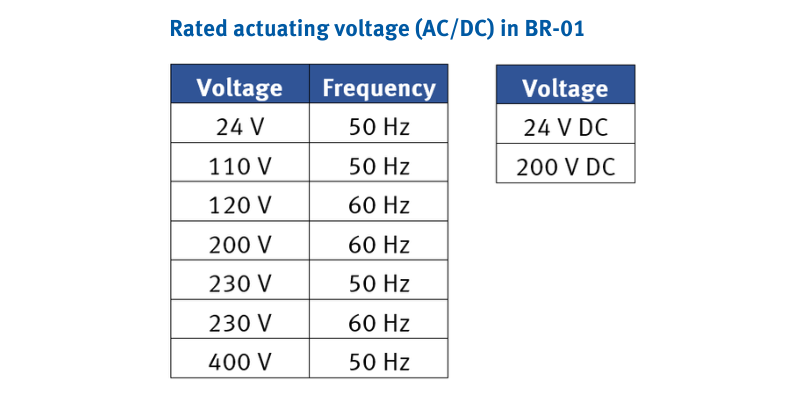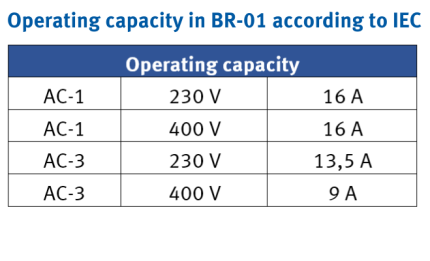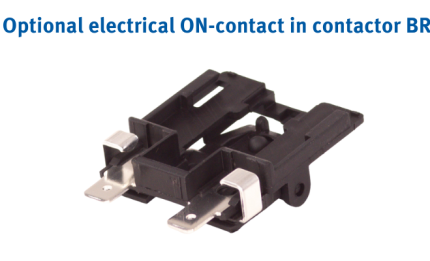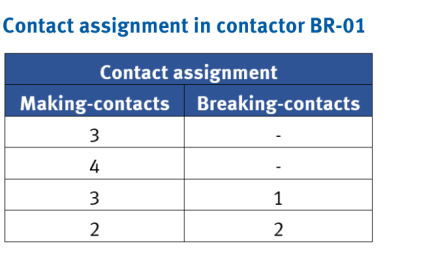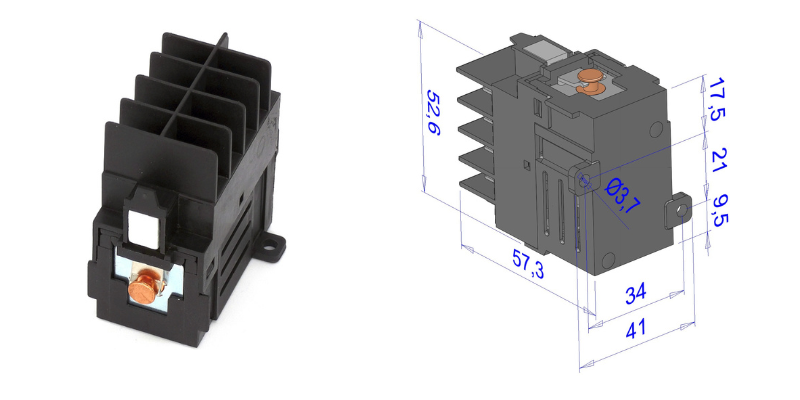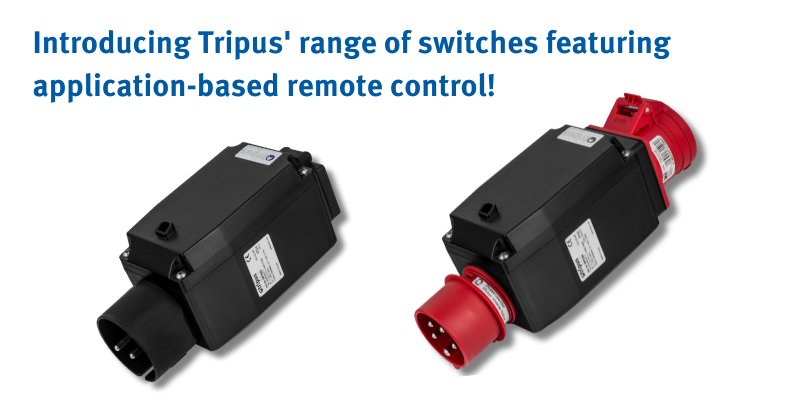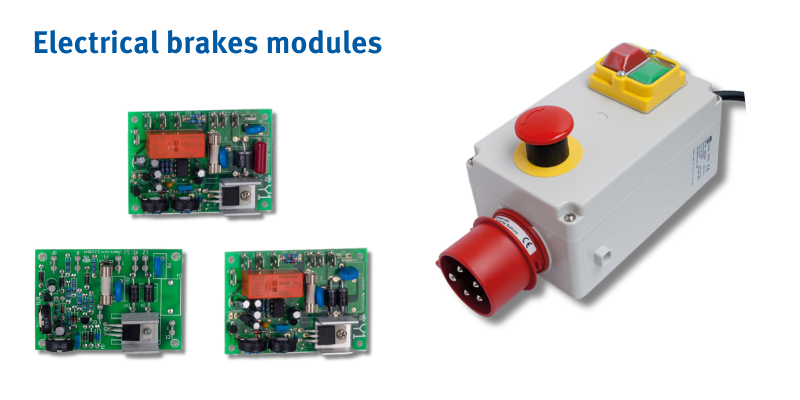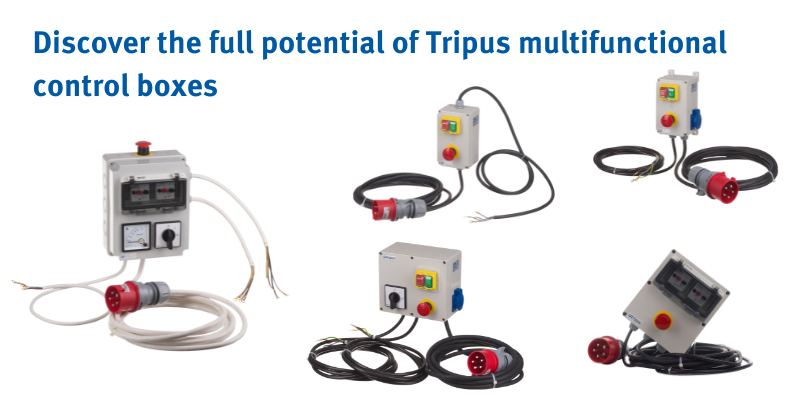KEY POINTS WHILE CHOOSING RIGHT CONTACTOR FOR YOUR APPLIANCE
In modern electrical systems, the contactor plays a crucial role in controlling high-power circuits, making it an indispensable component for industrial, commercial, and residential applications. Choosing the right contactor is essential to ensuring reliable performance, energy efficiency, and system safety. This thesis examines the critical factors to consider when selecting a contactor, focusing on voltage and current ratings, application requirements, operating environment, auxiliary features, and compliance with industry standards.
1. Voltage and Current Ratings
The most fundamental factors in choosing a contactor are its voltage and current ratings.
The contactor must be appropriately rated for the system’s operational voltage and the load’s current requirements. Underrating a contactor can lead to
overheating, premature failure, or even dangerous electrical faults, while overrating can result in unnecessary costs and inefficiencies. Therefore, selecting a contactor with the correct specifications as Tripus GmbH have in offer ensures optimal performance and durability, reducing the risk of failures or hazards.


